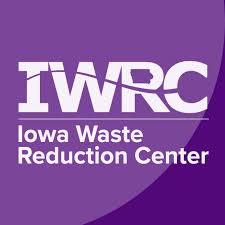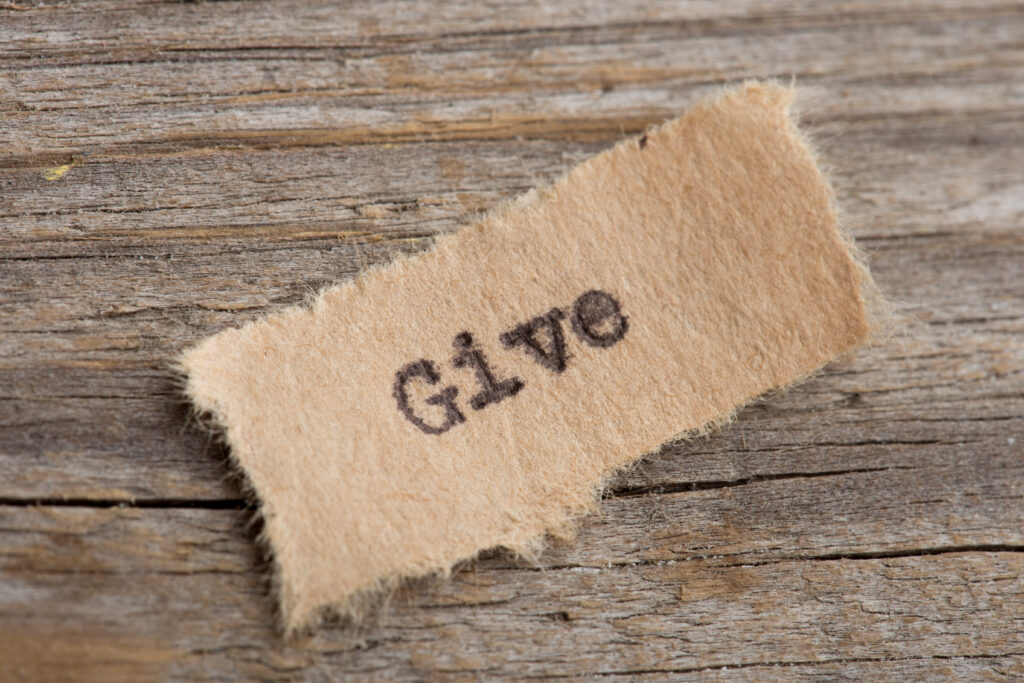Pakistan flood victims need our help

Imagine you’re a farmer in a rural Pakistani village, barely making enough to support your six children living in a one-room mud house. Your only possessions are a small piece of land, a few hens, two goats and a cow. Then come the devastating floods destroying the little you have – the mud dwelling, the farmland, the livestock. As a wall of water overcomes your mud house and as you reach to save one child, two others drown in the flood.
In the days that follow, help is either far away or may never come.
In the days that follow, your remaining four children share one “roti” (tortilla-like bread) dipped in a sauce mixed with contaminated water (to make the meal seem more abundant). Watching them eat is enough to sustain you.
In the days that follow, you grieve the loss of another child because of the contaminated water and the disease it brought.
In the days that follow, you and your children sleep under the open sky on the little ground that isn’t taken by the countless others who suffer a similar fate.
In the days that follow, the rain continues and the flooding worsens.
Now multiply this scenario by 20 million people across Pakistan. As I sit half a world away in relative comfort and luxury, this is the current reality faced by millions of Pakistanis.
Because of overwhelming rainfall totals not seen in almost a century, the United Nations has rated the Pakistan floods as the greatest humanitarian crisis in recent history, with more people affected than the Southeast Asian tsunami and the recent earthquakes in Kashmir and Haiti combined.
Equally tragic is the slow arrival of funds and aid to the region. In contrast to the donors who responded to the Haiti earthquake with $13 billion in aid, the United Nations had collected only about $250 million three weeks after the floodwaters inundated one-fifth of Pakistan (an area roughly equivalent in size to Florida).
Though the world has had an overwhelming number of natural disasters lately, I know it will once again take a mega-effort from the world community to begin the healing of this land. I am reminded of the villager in Pakistan and his children who cannot escape. I can’t help thinking of the contrast between his day and mine, between his meal and mine.
I urge us to once again be “global citizens” who can make a difference in the lives of those faced with devastation. Iowans opened their doors to Asian refugees and sent medical aid to Cambodia after the Vietnam War; through Iowa Shares, they sent agricultural aid to famine-stricken Ethiopia in the 1980s; they packaged meals for Haiti’s earthquake victims. The world needs us once again.
To learn more about the floods in Pakistan or how you can help, please visit www.educatepakistan.com.
Mashal Husain is the director of development at the World Food Prize Foundation.










